Content Marketing
What is Content Marketing?
Content marketing is the practice of creating and sharing valuable, relevant, and consistent content to attract and engage a target audience. The ultimate goal of content marketing is to drive profitable customer actions, such as conversions, sales, and brand loyalty. Content marketing involves various types of content, including blog posts, articles, videos, infographics, podcasts, social media posts, e-books, and more.
Why is Content Marketing Important?
Content marketing is important because it helps build trust and credibility with your audience. By providing valuable and relevant content, you can establish your brand as an authority in your industry. This builds trust with potential customers, making them more likely to choose your products or services over competitors.
Content marketing also supports other marketing strategies, such as SEO, social media marketing, and email marketing. High-quality content improves search engine rankings, drives organic traffic, and encourages social sharing. Additionally, content marketing can nurture leads and guide them through the buyer's journey, ultimately leading to higher conversion rates.
Best Practices for Content Marketing
1. Define Your Goals
Clearly define your content marketing goals. These could include increasing brand awareness, driving website traffic, generating leads, improving SEO, or building customer loyalty. Having specific goals helps guide your content strategy and measure success.
2. Know Your Audience
Understand your target audience’s needs, preferences, and pain points. Use audience personas, surveys, and analytics to gather insights. Tailor your content to address their interests and provide solutions to their problems.
3. Develop a Content Strategy
Create a comprehensive content strategy that outlines your goals, target audience, content types, distribution channels, and metrics for success. A well-defined strategy ensures consistency and alignment with your overall marketing objectives.
4. Create High-Quality Content
Focus on producing high-quality, valuable content that resonates with your audience. Ensure that your content is well-researched, informative, and engaging. Quality content builds trust and encourages audience interaction and sharing.
5. Optimize for SEO
Optimize your content for search engines to improve visibility and attract organic traffic. Use relevant keywords, meta descriptions, headings, and internal and external links. SEO optimization helps your content rank higher in search results.
6. Use a Content Calendar
Plan and organize your content with a content calendar. A content calendar helps you maintain a consistent publishing schedule, coordinate with marketing campaigns, and ensure timely content delivery.
7. Promote Your Content
Actively promote your content through various channels, including social media, email newsletters, and partnerships. Use paid advertising to boost visibility and reach a larger audience. Effective promotion increases the impact of your content.
8. Measure and Analyze Performance
Track and analyze the performance of your content using analytics tools. Monitor key metrics such as traffic, engagement, shares, conversions, and ROI. Use these insights to refine your content strategy and improve future content.
9. Engage with Your Audience
Encourage audience interaction by responding to comments, answering questions, and participating in discussions. Engaging with your audience builds relationships and fosters a sense of community around your brand.
10. Continuously Improve
Regularly review and update your content strategy based on performance data and audience feedback. Stay informed about industry trends and best practices to keep your content marketing efforts effective and relevant.
By following these best practices, you can develop a successful content marketing strategy that attracts, engages, and converts your target audience, ultimately driving business growth and achieving your marketing goals.
For more terms, return to the content marketing glossary and freelance writing glossary.

